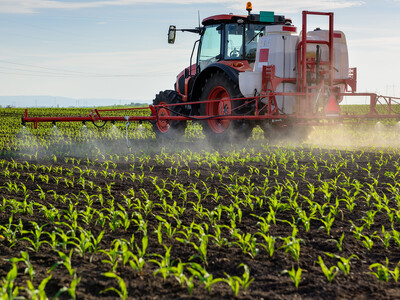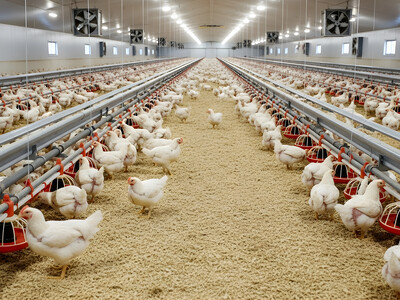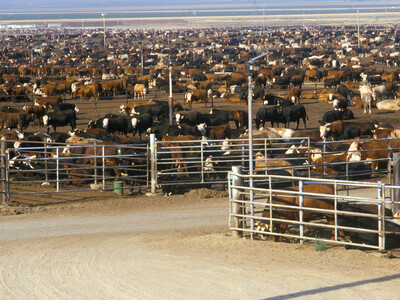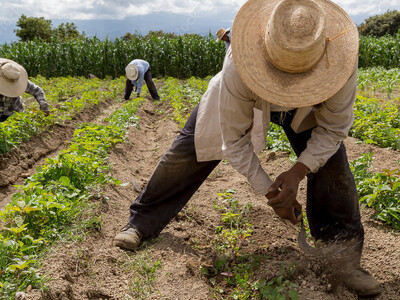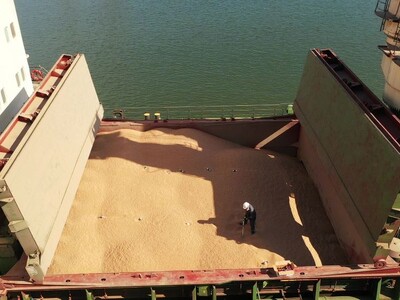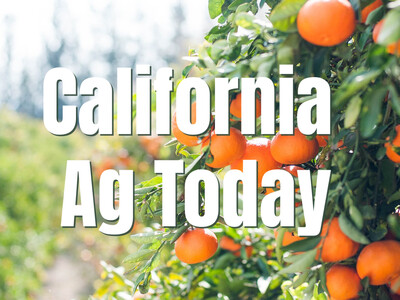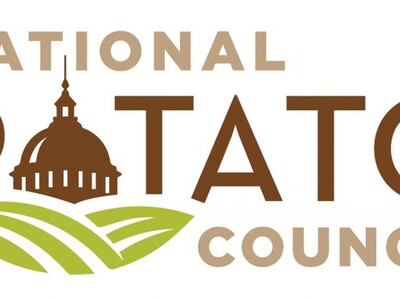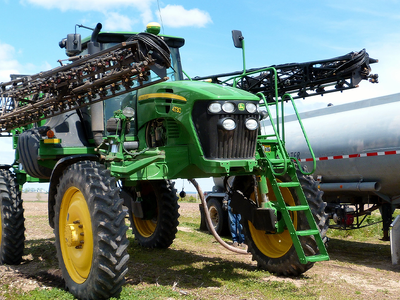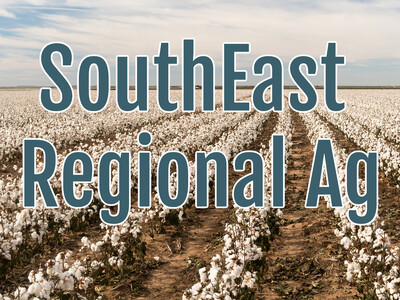Fertilizer Shortages
As central banks across the developed world hike interest rates in response to inflation, the consensus is the world could well be moving toward a global recession. An agribusiness economic analyst says recent events are pointing to this scenario.Dr. Al Mussell, research lead at Agri-Food Economic Systems, based in Guelph, Ontario, says North Americans are the lucky ones. But, with agriculture and agribusiness alliances so globally interconnected, we should not think for a moment that we are isolated from events.
Al Mussell says some of our closest European allies, are dealing with an immediate energy crisis. And, he says, western Europe is already expecting a smaller food crop harvest next year due to severe input shortages.
“The front-line on this, really, is Western Europe. Its Germany, its France, those western European countries. They are in a bad way, and I don’t know if, as North Americans, if we sense just exactly what they are going to have to contend with. But, before the Nord-Stream gas lines were blown, they had an energy crisis on their hands. You’re going to have short crops next year because the fertilizer just isn’t there.”
Prior to the Russia-Ukraine situation, the world has not been able to build a solid grain-stocks inventory for five years. While inventories did show a slight increase last year, Mussell says those numbers are misleading. And, along with an energy crisis, western Europe has a looming food shortage which is based on a lack of nitrogen-based fertilizers.
“There’s not enough nitrogen fertilizer to go around, there just isn’t. We haven’t been able to build stocks since 2017. Year by year, basically we’re feeding ourselves out of the previous year’s harvest. Last year the stocks were up. Well, the reason for that is, when you’ve got 21 Million Tons of corn and wheat stuck in the Ukraine, that obviously affects that relationship. To the much greater extent over time, those stocks are being held in importing countries. If they’re sitting with an importing country, they’re not moving.”
In a world where demand will outpace supply and shortages are commonplace, forward planning is a necessity. Dr. Al Mussell says producers should have as much input inventory in place, now, as possible. And now is also the time to have a friendly banker on your side.
“The way that we have thought about financing our annual cropping cycle and the working cycle, that has changed, in short order, dramatically. So, the demands just on working capital, just on the inputs side are, I think, much more intense than they’ve been in the past. Simply put, the higher the price goes, the more volatility you can have in it. And somebody has to finance that.”




